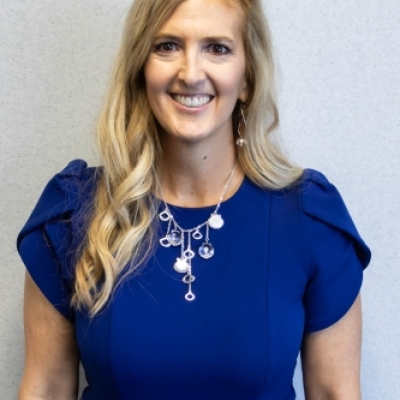When it comes to math, more is more: that’s the take-home message of this study examining the long-term impacts of the Chicago Public Schools’s “double-dose” algebra policy, which requires students who score poorly on an eighth-grade math test to take a double course load of algebra in ninth grade (the second period providing them with extra support and practice). Using data from the 2003 and 2004 cohorts of ninth-grade CPS students, analysts examined the outcomes of those who scored just below and just above the cutoff point for double-dose participation—in this case, those scoring below the fiftieth percentile on the eighth-grade Iowa Test of Basic Skills. (This means that the two groups of students were nearly identical in terms of their academic and demographic makeup.) The study found that the double dosing increased the proportion of students earning at least a B in the ninth-grade algebra course, but paradoxically, it did not decrease the proportion of students earning an F. However, the analysts found that double-dosed students wound up performing better than their comparable peers on a preliminary SAT test taken in tenth grade and on an actual ACT math test taken in eleventh grade. Furthermore, double-dosed students were more likely to enroll in college within five years of starting high school. These results were even more robust for students with weaker reading skills; the analysts conjecture that this may be due to the intervention’s focus on using reading and writing skills to help learn algebra (double-dose students reported frequently writing sentences to show how they solved math problems). The researchers also found that an increase of time spent on algebra, at the expense of other non-core instruction (the double dose of algebra often supplanted a course such as fine arts or foreign language), did not impact achievement in other courses. In fact, double dosers were more likely to pass chemistry classes in tenth and eleventh grade than their similar peers, and they earned modestly higher GPAs across their other non-math classes in the later high school years. So it appears that the skills gained in the double dosing transferred to other subjects. All in all, mostly positive impacts for this intervention. Remember, “time on task” is a cure for many achievement problems (provided the instruction is good).
SOURCE: Kalena Cortes, Takako Nomi, and Joshua Goodman, “A Double Dose of Algebra,” Education Next 13 (1).
